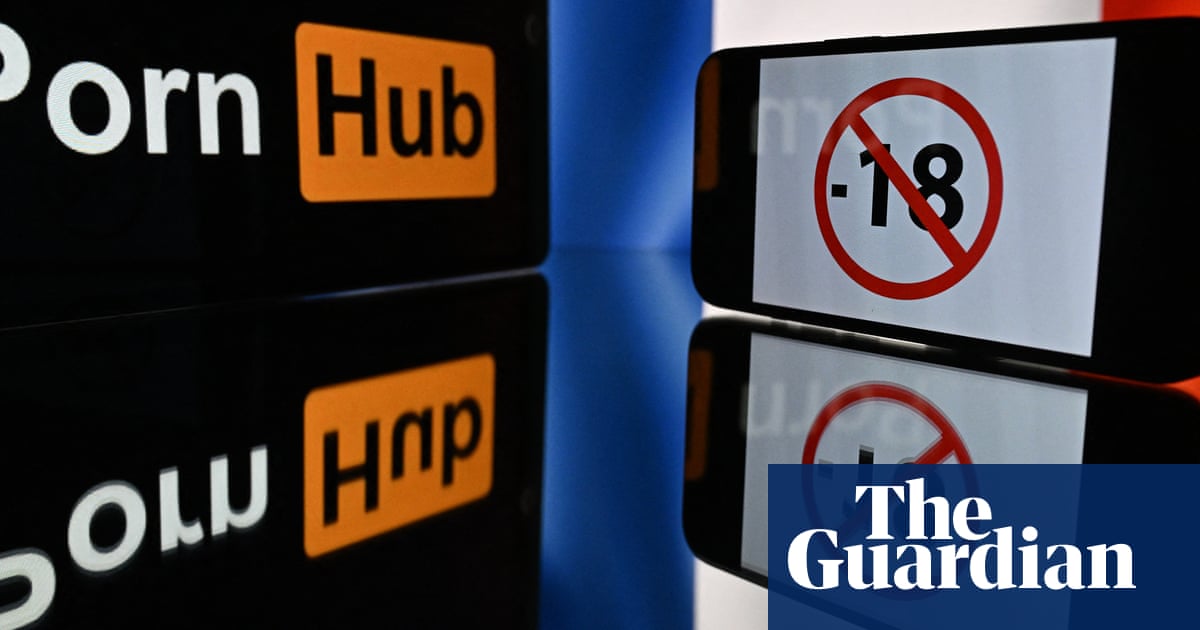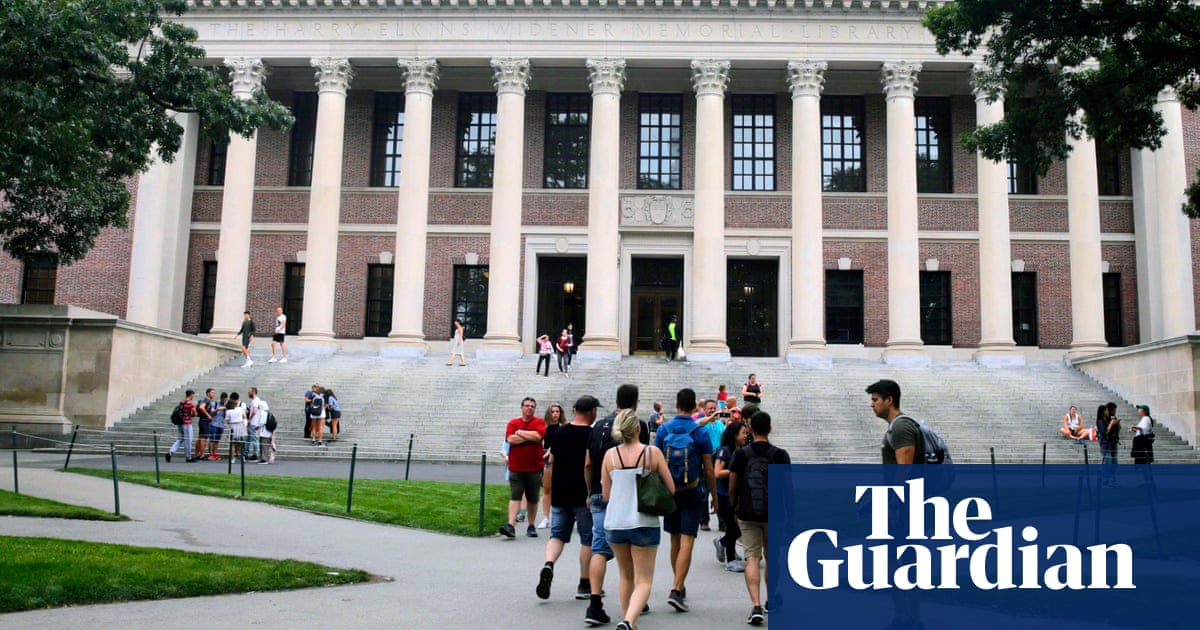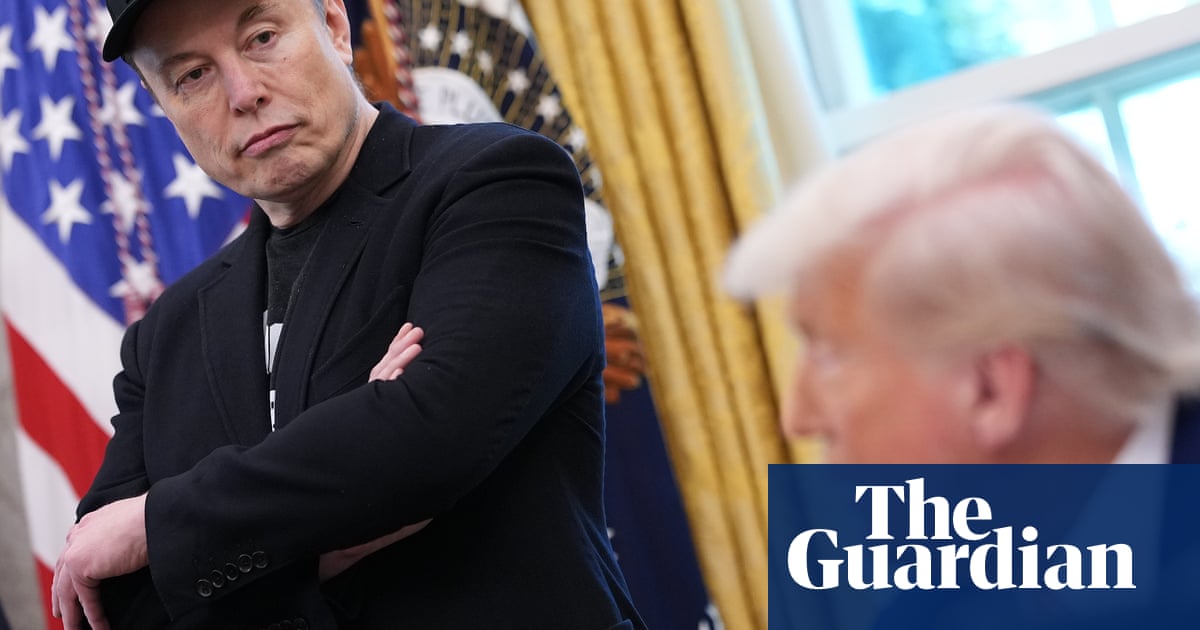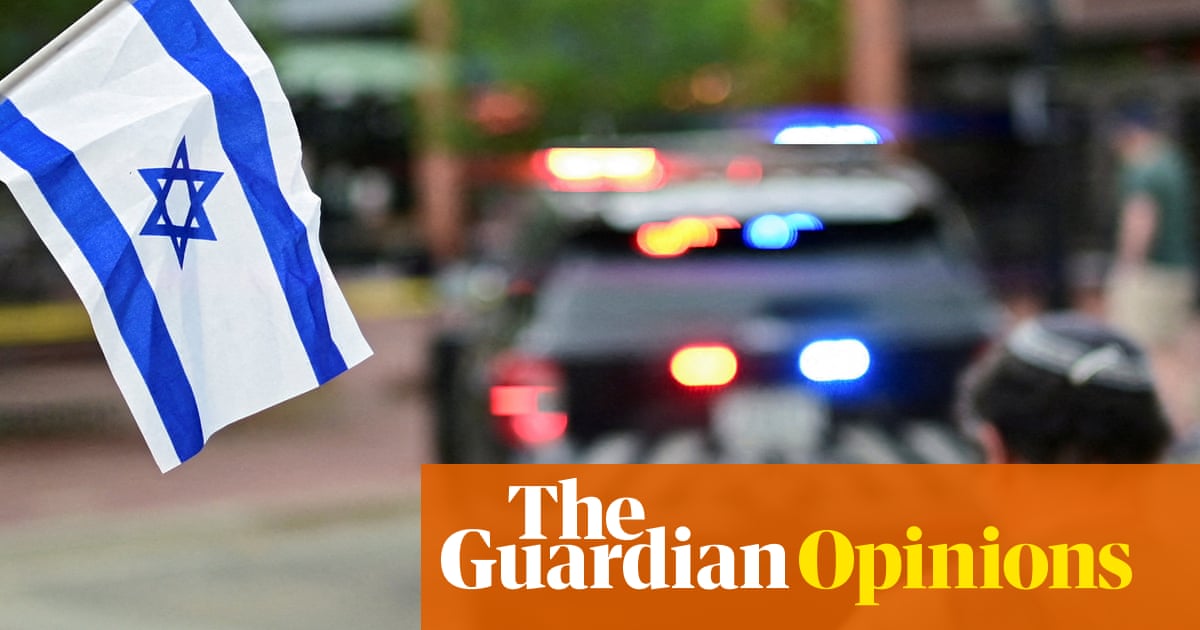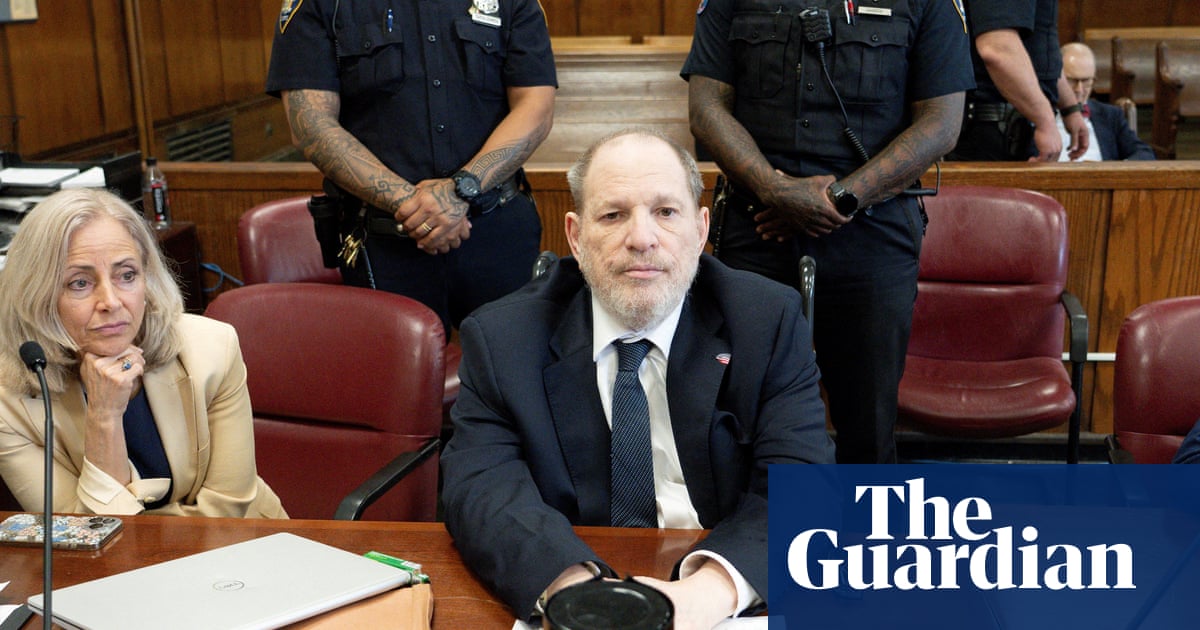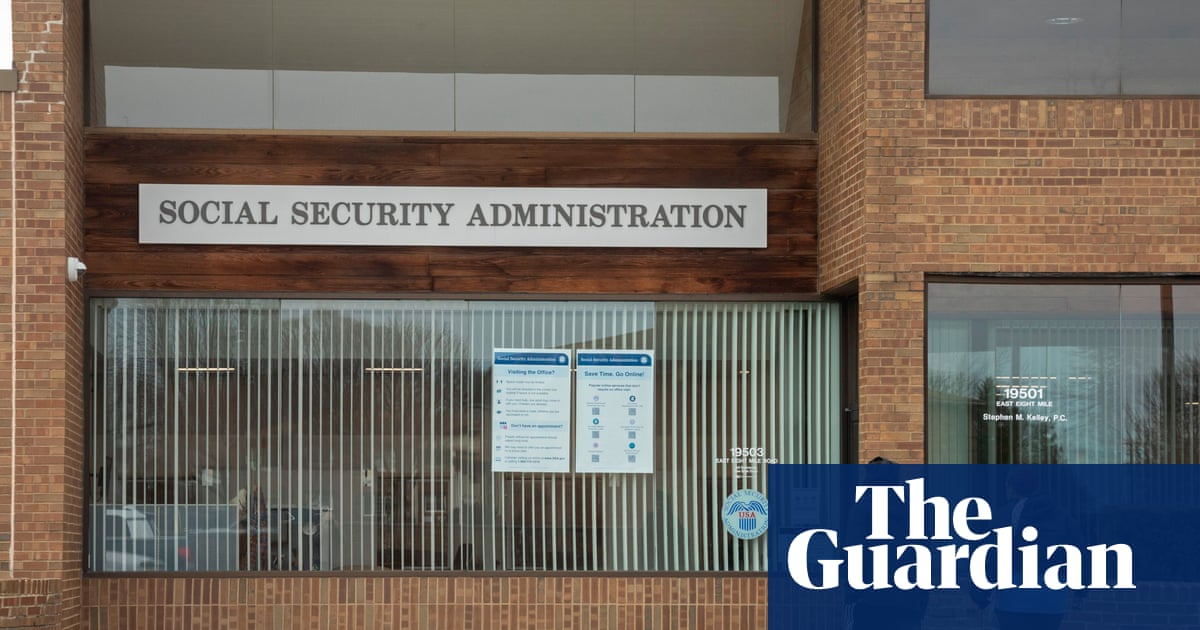For all its talk of free speech, the Trump administration seems remarkably comfortable with censorship. Earlier this year, children studying at Pentagon schools (serving US military families) were prevented from accessing libraries for a week while officials reviewed their shelves for titles that might be “related to gender ideology or discriminatory equity ideology topics”. Trump’s presidency has injected new energy into the book-banning movement that has been simmering for years on the US right. You might think that censoring school libraries would be totally unimaginable in Britain. You’d be wrong.
I worked as a librarian for 10 years, and now I teach on the library and information studies master’s programme at UCL. After the pandemic, I began noticing signs of an eerily similar trend. It erupted in the spring of 2022, when a Catholic school in Croydon invited Simon James Green, a prominent gay children’s author, to give a talk. The US anti-LGBT website Catholic Truth ran a campaign encouraging readers to contact the school and protest against the event (one reader said, somewhat implausibly, that Green’s visit to the school was “100% as much of an issue as the ongoing war in Ukraine”). The commission responsible for the school released a statement suggesting the event should be cancelled, teachers went on strike, and the story reached the national press.
It got me thinking: how many school librarians had come under pressure to remove books from their shelves? One survey conducted later that year found 26% of librarians had “occasionally” been asked to censor materials. In 2024, meanwhile, Index on Censorship surveyed 53 school librarians, more than half of whom had been asked to remove books. I was keen to hear from librarians about where these requests were coming from, and how they were dealing with them, so I decided to do my own study. I interviewed 10 school librarians across the UK about the challenges they had faced. Their responses were interesting – and alarming.
Most of the requests to remove books came from parents, and almost all of these requests related to books that explored LGBT+ themes. Some books came up repeatedly: Alice Oseman’s series of Heartstopper graphic novels, which centre on a relationship between two schoolboys; Billy’s Bravery by Tom Percival, about a boy who dresses up as his favourite superhero, Nature Girl, for World Book Day; and This Book Is Gay by Juno Dawson. Some librarians had received signed letters from parents asking them to remove particular books. Other times, the letters had been sent anonymously. One librarian told me they had found a leaflet produced by a rightwing religious American group, not dissimilar to Catholic Truth, on one of the desks in their library.
Based on what I’ve seen and heard, it seems there has been an increase in these requests since the pandemic. Perhaps that’s because parents became more aware of what their children were reading during the intense period of home schooling. Perhaps it’s also a symptom of our febrile political culture. Over the last three years, drag queen story events – a popular format involving considerable amounts of glitter and storytelling aimed at children – have been targeted by protests organised by Turning Point UK, a British offshoot of the far-right US political organisation, and by the white nationalist group Patriotic Alternative. Would it be so surprising if the huge amount of coverage the British press has devoted to culture war subjects spilled over into some parents asking for certain books to be removed from school libraries?
I find it hard not to see these requests as an insult to school librarians. These professionals undertake years of training and devote a huge amount of time and care to curating a selection of books that will enrich children’s learning and expand their horizons. They’re also careful about ensuring books are age-appropriate and respond to the curriculum (LGBTQ+ content is included as a statutory part of relationships and sex education teaching). Unfortunately, librarians are often at the lowest end of the school hierarchy. They’re mostly women, and mostly on very low salaries. Their sector is vulnerable: some secondary schools have closed their libraries due to funding pressures. A quarter of schools in Wales don’t have a library, while two-thirds of school libraries in Scotland have no library budget at all.
It’s far easier to write a letter to a librarian asking them to remove a book than it is to address the truly inappropriate and harmful material that children are exposed to (which, by the way, has nothing to do with books such as Billy’s Bravery). Social media platforms have been blamed for encouraging bullying and eating disorders, and promoting influencers who drive misogyny. Banning books will only drive young people online for answers, where they are more likely to encounter content produced by people who have no interest in equipping them with the information and skills they need to navigate the world. In this age of digital exposure and misinformation, librarians play a more vital role than ever. We should trust them to do their jobs.
-
Alison Hicks is a lecturer in library and information studies at UCL

 1 month ago
35
1 month ago
35


